Session Topics at ISME19 are:
Advances in terrestrial systems ecology
Animal microbiomes
Axes of microbial ecology and climate change: progress and priorities
Bringing uncultured taxa into mainstream phylogeny
Ecology and evolution
Ecology and functionality at the microbial/plant interface
Engineered ecosystems
Freshwater microbial ecology in built and natural environments
Fungi
Global and continental biogeography
Global biogeochemical cycling/Microbial contribution to ecosystem services
Indigenous knowledge and the microbiome
Marine microbial ecology
Microbial biotechnology
Microbial ecology of Anti-Microbial Resistance
Microbial ecology of the built environment
Microbial interactions between organisms, species and kingdoms (Symbiosis)
New approaches to old diseases
New microbial physiologies and metabolic capacities
Novel techniques for studying microbial ecology
Pushing the frontiers of extreme microbiology
Theoretical and computational microbial ecology
There and back again: a protist’s tale
Understanding microbiome dynamics to improve human health
Viral communities and infection, a journey through scales and ecosystems
Each topic equals a session. A session consists of a morning and an afternoon slot of two hours each. Per session, there will be 4 invited speakers (30 minute talks), 6 oral presentations (15 minutes each), as selected from the abstracts, and 6 short presentations of 5 minutes each, which are also selected from the abstracts. The short presentations are new to ISME symposia and will replace the poster pitches that were included in the program for ISME17 and ISME18.
Typically, a session would look like:
| Morning Session | Afternoon Session |
| 10.30 - 11.00 Invited Talk 1 | 14.00 - 14.30 Invited Talk 3 |
| 11.00 - 11.30 Invited Talk 2 | 14.30 - 15.00 Invited Talk 4 |
| 11.30 - 11.45 Contributed Talk 1 | 15.00 - 15.15 Contributed Talk 5 |
| 11.45 - 12.00 Contributed Talk 2 | 15.15 - 15.45 Short Presentations (6) |
| 12.00 - 12.15 Contributed Talk 3 | 15.45 - 16.00 Contributed Talk 6 |
| 12.15 - 12.30 Contributed Talk 4 |
However, few sessions may deviate from this structure due to organizational reasons.
